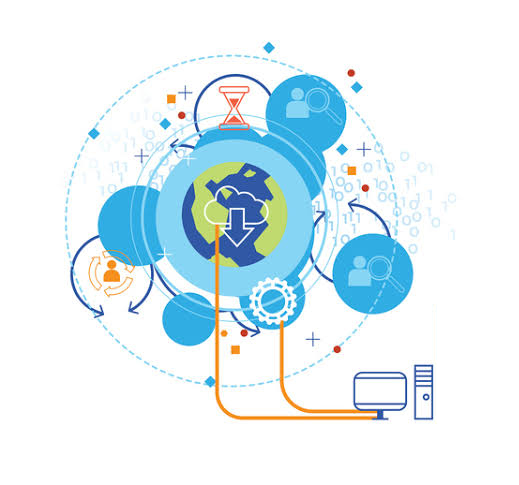Big Data

Big data is a term for data sets that are so large or complex that traditional data processing application software is inadequate to deal with them. Almost 90% of the world’s data today was generated during the past two years.
Big data demands excellent technologies to effectively process huge amounts of data in supportable elapsed times. A report recommended suitable technologies such as A/B testing, data fusion, crowd sourcing, integration,
machine learning, genetic algorithms, natural language dispensation, signal processing, time series evaluation and visualization and simulation. Multidimensional huge data could be represented as the tensors that could
be more effectively handled by tensor-based computation like multi-linear subspace education.
Big Data analytics provides organizations an opportunity for disruptive change and growth. In most cases, however, the data
sets are too large, move too fast or are too complex for the traditional computing environment, which creates a significant challenge. The technologies are available; however, an investment of time, money and resources
will be necessary to fully implement a Big Data solution.
